Owning and running a small business can be challenging, but highly rewarding. That’s why it’s imperative to be informed when making banking decisions and to choose a bank that will provide you with the best small business support.
If you’re ready to make a decision about where to handle your small business banking and how to best manage your small business’ finances, these tips can help!
1. Find the Right Business Checking Account for Your Business
It may seem like any Business Checking Account is created equal, but we can assure you it is not. You want a Business Checking Account that will help you manage your finances without incurring fees that will impact your profitability. Mechanics Cooperative Bank offers low-fee options for Business Checking and Savings Accounts, allowing for an economical way to manage your business banking.
2. Be Aware of the Fee Schedule Before Opening Your Account
Don’t be caught off guard by surprise fees! Some accounts charge a small fee for different transaction types, while others offer a flat fee upfront. Be informed of the fee schedule of the account you are choosing so you are prepared for the cost and understand any terms and conditions.
3. Take Advantage of Digital & Automated Banking Services
Ask what services your bank can offer to aid in the financial efficiency of your business. Most importantly, look for a bank that offers automated bill pay services! For repeat payments, setting up automated bill pay can make it easier and quicker to pay vendors, contractors, third parties, or manage your monthly rent and utilities.
4. Opt for a Community Bank
Community banks are typically the best option for small businesses because they often offer better customer service and lower fees than larger banks. Additionally, they also have a feel for the community and are heavily involved in the community, which is helpful for small businesses. It’s important that small business owners feel empowered by their banking partner. It’s important to do your research before deciding on which bank to partner with, so here are a few helpful questions to research or ask:
- What kind of experience does this community bank have working with other small businesses?
- Does this bank offer small business loans or lines of credit should I need them?
- Is this bank actively involved with the community?
- Did this bank grant and provide PPP Loans during the pandemic?
5. Build Trust with Your Financial Partner by Mastering the 5 C’s
You should view your relationship with your bank or credit union as a partnership, and an investment in a prosperous future for your business. Master the following in order to foster a mutually beneficial relationship with your bank should you need lending services in the future:
- Collateral – Additional Assets that the bank can seek out if the loan cannot be repaid.
- Conditions – Make sure your business has a plan for overcoming obstacles in the market that may be beyond your control.
- Capital – The amount invested in your business and the number of stakeholders invested. Banks are more likely to supply loans when the investment in the business is diversified.
- Character – Make it your business to be accountable and trustworthy.
- Capacity/Cash Flow – The health of your finances and your capability to repay business loans.
Head to our website to see how we can help make your small business checking, savings, lending and internet banking operations work seamlessly.
{{cta(‘36364d8b-197e-4597-b02e-ce165efcf9d5′,’justifycenter’)}}





